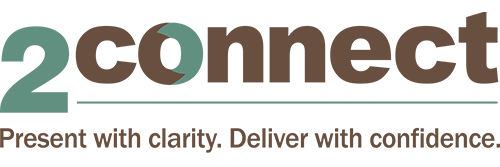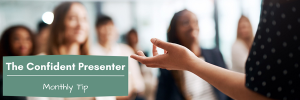
Do you feel confident in your presentation content but get weak in the knees when you think about all the possible questions you might be asked to answer?
Do you dread meetings because you know you’ll be expected to answer questions without any time to prepare?
Not to worry. You can borrow a strategy from former Secretary of State Henry Kissinger. When he addressed the press corps, he was known to say, “What questions do you have for my answers?”. In short, he prepared for their questions.
How can you be prepared for your Q&A? By doing a few critical things before and during the Q&A.
Before
- Get to know your audience. What are their priorities? What are their hot buttons? What concerns might they have about this topic?
- Anticipate the main issues or themes that could come up and pre-create a response. While you can’t anticipate every question, you can think about the overarching themes or issues that would be important to this group (pricing, timing, team, execution, etc). Then, craft your overarching response to that line of questioning.
In the Moment
- When asked a question, don’t feel compelled to answer it immediately. Take a breath, or have a sip of water, and formulate a response. Giving yourself this time can help you to slow down and think through what you want to say. As an added benefit, your audience will perceive you as thoughtful in how you respond.
- Clarify the questions by paraphrasing it to ensure you are clear on what’s being asked. Bonus – This will also give you more time to think through how to respond when you are feeling stuck.
- Consider what theme the question relates to and then respond, drawing from your pre-created response (you know, the response you prepared ahead of time because you anticipated those main themes).
- When appropriate, check back to make sure you have adequately addressed the question. You can do this with phrases like, “Does that answer your question?” or, “What more could I share to help fully address your question?”. (Note: Kissinger, like most politicians, typically didn’t do this as the goal was usually to move to a different line of questioning or a different questioner. Skip this step if your goal is the same.)
A little bit of preparation ahead of time can help you nail the Q&A even when you aren’t under the pressure of facing the press corps.





